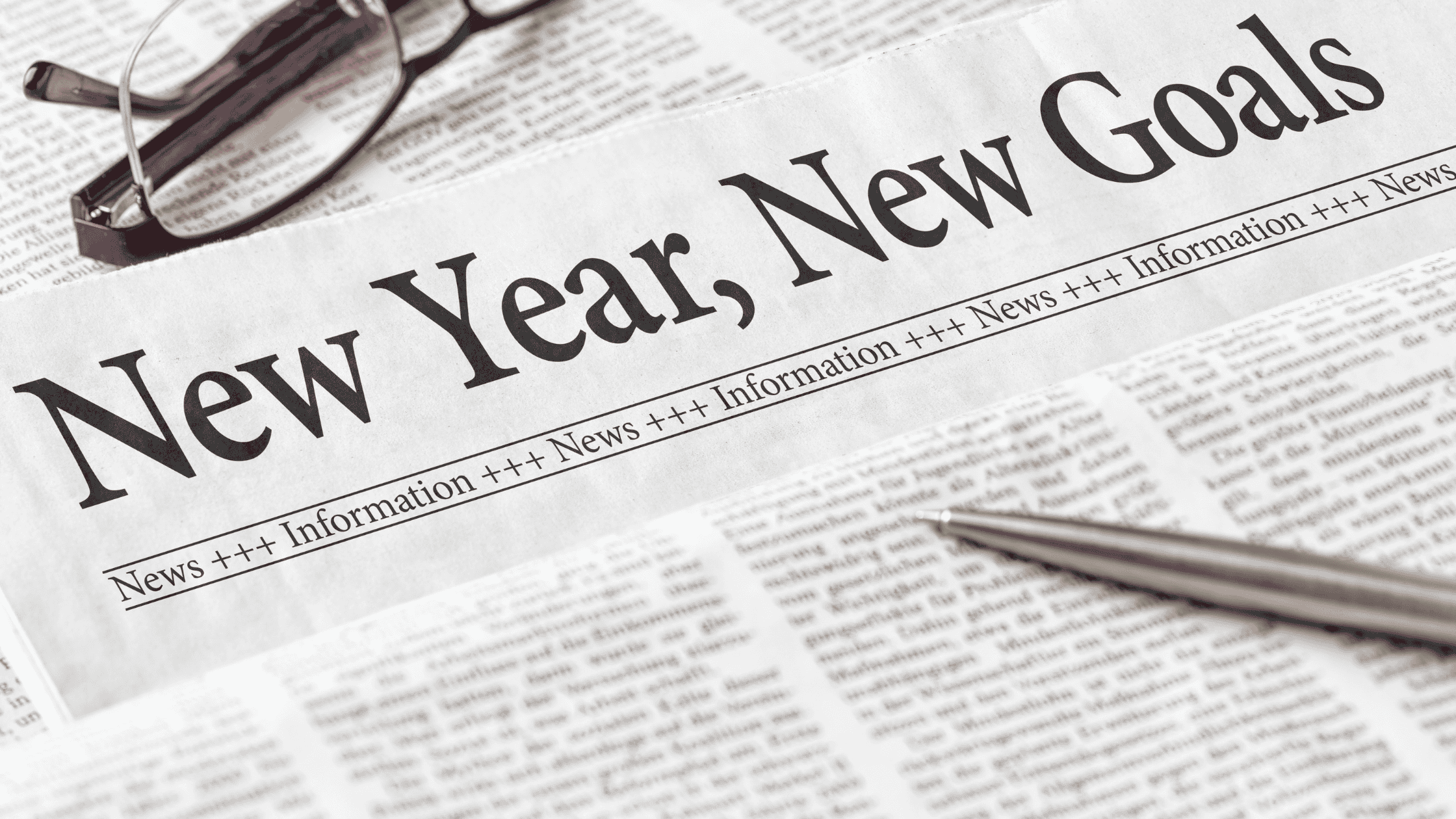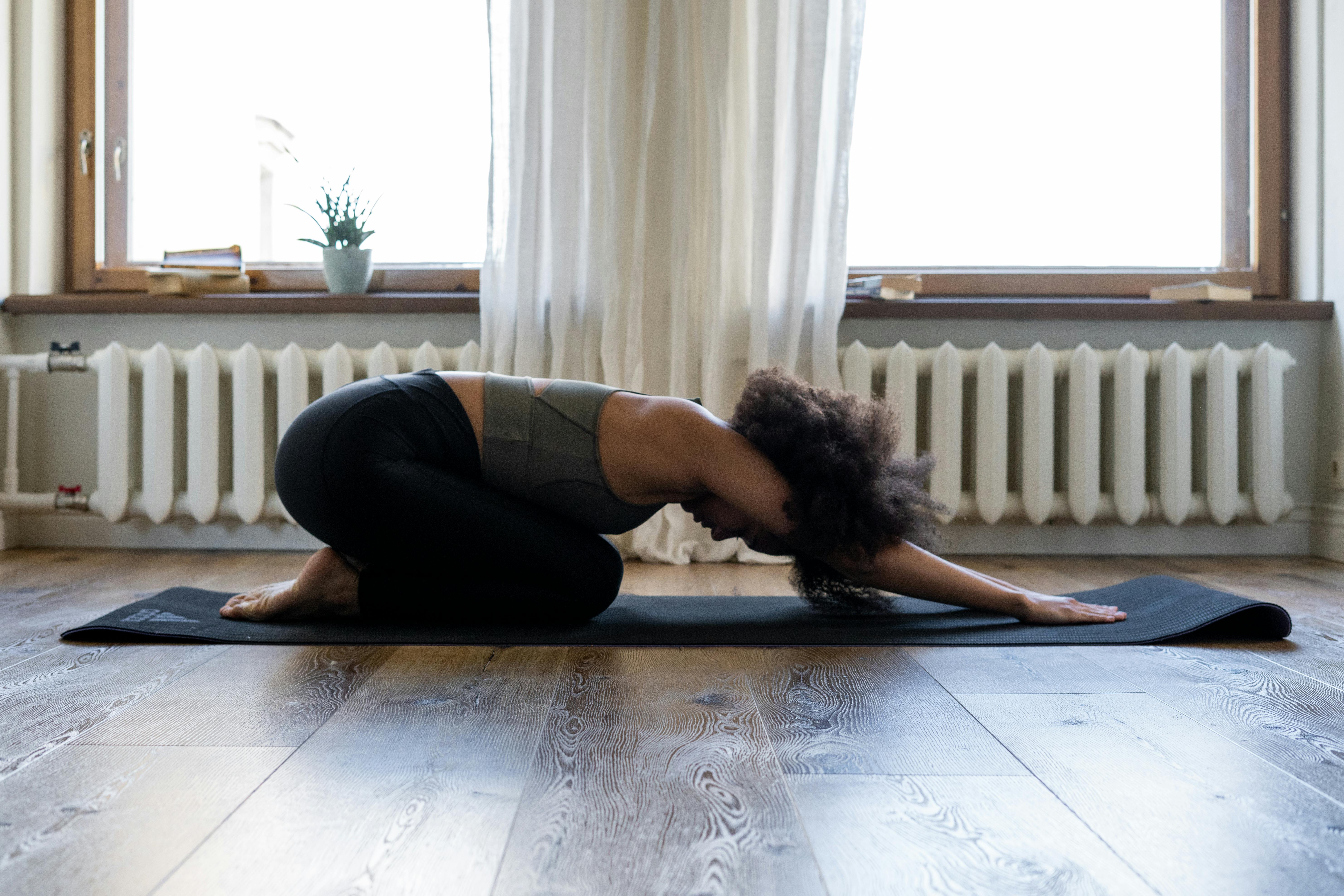.jpeg)
If you’re a self-employed fitness business owner, the prospect of lodging a tax return might seem daunting. The good news is that tax time for fitness business owners doesn’t need to be a trauma. With the right plan in place, it’s a jog in the park.
Nobody looks forward to doing their tax return. Many things can be confusing if you’re doing it as a self-employed gym owner. But never fear! These EOFY tax tips for fitness business professionals will do the heavy lifting for you.
Check the requirements for your business type
What you can claim and how you organise your paperwork depends on whether you’re a fitness business owner, or a personal trainer/fitness instructor.
- Do you employ staff? Do you have business partner/s?
- Or are you a one person band?
- How is your company structured
Your tax return and bill, or rebate, depends on all these factors.
Get all your financial statements ready
Whether you run a large martial arts dojo or you’re rolling solo as a yoga instructor, it’s your duty to monitor incoming and outgoing figures for the whole year. Bear in mind they’re going to be examined, probed and inspected. You’ll be held accountable for everything!
Why not put aside one day a month to ensure everything’s in working order? You’ll thank yourself for it when tax time comes around.
Use any accounting software packages to help make a faster coordination process. And consider scanning your receipts using a scanner app to save a heap of time.
Prepare your paperwork
Preparing your paperwork for tax time isn’t just about checking in with your bank. There are plenty of other documents you can gather in order to work out what you can claim.
This includes:
- Receipts
- Invoices
- Salary/paycheck information
And also the tax return itself. Not to mention your own personal profit and loss spreadsheets and organisation.
Things business owners could claim in their tax return
Here are our tax tips for what you could potentially claim. Check in with your local Government authority or your accountant to make sure these are appropriate for your business.
We’ve created this guide in line with the Australian Taxation Office guidelines; if you are based offshore please check with your local accountant and tax office for more information.
Travel
What you can claim: Cost of your travel to multiple work places, for instance if you’re doing personal training at two different locations or running a bootcamp by the beach on the weekends.
Plan to use your own car? Choose to claim a set 69c per kilometre for work journeys, or keep your receipts to claim the expenses incurred.
What you can’t claim: The cost of your daily commute to and from your place of work.

Fitness clothes
What you can claim: If you’re a gym owner and provide uniforms for staff, you can claim this.
If you’re a personal trainer and you have to purchase a work uniform, you can claim that as an expense.
Take classes outdoors? Keep receipts for your sunglasses, sunscreen and protective hats – these are all tax deductible.

What you can’t claim: You can’t claim on cleaning your own workout clothes unless they have your business logo, but you could claim on commercial cleaning expenses like towels.
You can’t expect a refund on your splurge on a whole new wardrobe of Air Jordans and Lululemon. However, you can claim some of your fitness gear if you can prove they’re for working, as well as work-out.

Fitness equipment
What you can claim: If you’re a personal trainer, you can claim an immediate deduction for any equipment that costs less than $300. If the item costs more than $300, then you can write off the cost over the expected life of the assets. That could include kettle bells, pilates reformer machines, spin bikes, and other personal training equipment.
If you own your own fitness business, you can write off items of equipment costing up to $30,000. This also includes furnishings for your gym such as chill-out area furniture, TV monitors and office gear (here’s looking at you, new MacBook).
There were also additional provisions for small business owners during COVID-19 allowing a full upfront tax deduction - check with your accountant on the rules on this one.
Work-related training
What you can claim: Need to upskill in your profession? You can claim that online course you did in small business marketing, and maybe even a portion of your future Masters in Sports Medicine.
What you can’t claim: You can't however claim for a pre-vocational course, such as a Certificate III in Fitness. As a fitness professional, the ATO sees you as having these qualifications prior to setting up your gym.
Things you might not have thought of
- Website hosting and digital fees
- Your mobile phone
- Gym management software.
What is small business income tax offset?
You may be eligible for the small income tax offset. This provides an offset of up to $1,000 per year. It’s worked out on the proportion of tax payable on your business income.
To qualify, you must operate a small business as a sole trader, or have a share of net small business income from a partnership or trust.
Your operation must have a turnover of less than $5 million for the 2016–17 income year onwards.
General Advice Warning
The information contained on this web site is general in nature and does not take into account your personal situation. You should consider whether the information is appropriate to your needs, and where appropriate, seek professional advice from a financial adviser.
Taxation, legal and other matters referred to on this website are of a general nature only and are based on our writer'sinterpretation of laws existing at the time and should not be relied upon in place of appropriate professional advice. Those laws may change from time to time.









